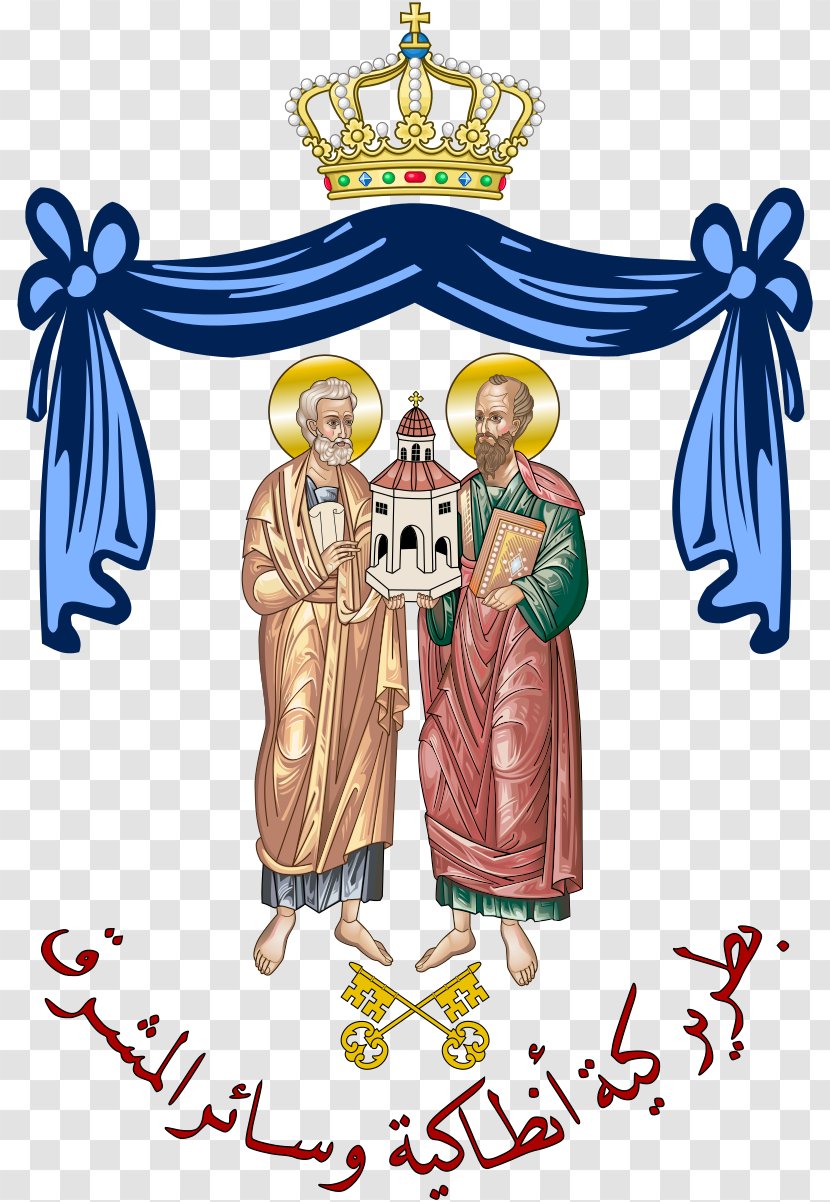It was prophesied that that time would come when there would be a famine of God's word:
(Old Testament | Amos 8:11)
11 ¶ Behold, the days come, saith the Lord GOD, that I will send a famine in the land, not a famine of bread, nor a thirst for water, but of hearing the words of the LORD:
I believe that the Catholic Church wanted power and they found power in the word of God. It seems to me that they believed that the word of God belonged to them and no one else. They used it for their own benefit:
"The Church Council of Constance assembled in 1414 under pressure from the Holy Roman Emperor to resolve the confusing and embarrassing situation in which the Church found itself with three popes all at once. There had been two rival popes since 1378 and three since 1409. The Council claimed direct authority from Christ and consequently superior power over any pope and succeeded in resolving the papal situation by the time it finished its labours in 1418. Meanwhile, in 1415, the Council had considered, and condemned as heretical, the teachings of the Prague priest Jan Hus and he was burned at the stake in Constance. It also condemned an Englishman whose writings had influenced Hus.
Fortunately for the Englishman, he was dead. Thought to have been born in the mid-1320s, John Wycliffe or Wyclif (there are several other spellings) was a Yorkshireman, who studied at Oxford University, became a fellow of Merton College and went on to win a brilliant reputation as an expert on theology. Ordained priest in 1351, he was vicar of Fylingham, a Lincolnshire village, from the 1360s, but spent most of his time at Oxford. In 1374 he was made rector of Lutterworth in Leicestershire.
By that time Wycliffe had developed startlingly unorthodox opinions, which were condemned by Pope Gregory VII in 1377. He had come to regard the scriptures as the only reliable guide to the truth about God and maintained that all
Christians should rely on the Bible rather than the unreliable and frequently self-serving teachings of popes and clerics. He said that there was no scriptural justification for the papacy’s existence and attacked the riches and power that popes and the Church as a whole had acquired. He disapproved of clerical celibacy, pilgrimages, the selling of
indulgences and praying to saints. He thought the monasteries were corrupt and the immorality with which many clerics often behaved invalidated the sacraments they conducted. If clerics were accused of crime, they should be tried in the ordinary lay courts, not in their special ecclesiastical tribunals.
Wycliffe advanced his revolutionary opinions in numerous tracts. He thought that England should be ruled by its monarchs and the lay administration with no interference from the papacy and the Church. In his On Civil Dominion of 1376 he said:
England belongs to no pope. The pope is but a man, subject to sin, but Christ is the Lord of Lords and this kingdom is to be held directly and solely of Christ alone.
His opinions gained him powerful supporters, including John of Gaunt, who intervened to protect him from infuriated archbishops and bishops. He lost some support in 1381 when he denied the doctrine of transubstantiation, that in the Eucharist the bread and wine are transformed into the body and blood of Christ. Parliament condemned his teachings the following year, but he was allowed to retire to his parsonage at Lutterworth."
More of this at:
John Wycliffe condemned as a heretic | History Today
This leads to some questions, were the popes really prophets of God? Did they have all of the priesthood keys given to Peter? If not what happened to the priesthood of God? I believe that the priesthood was lost as was the true order of Christ's church that was built on prophets and apostles. Therefore the proper order needed to be restored to the earth. It should be noted that John Wycliff's body was exhumed and burned, he being declared to be a heretic. It seems such a shame because he did the right thing.


